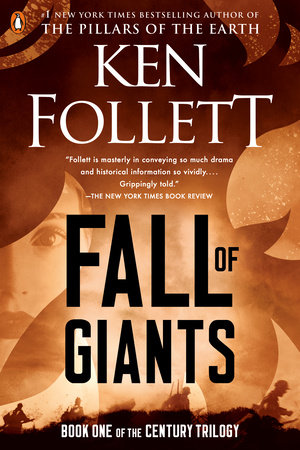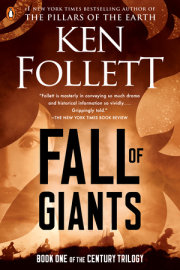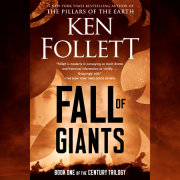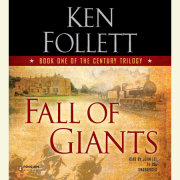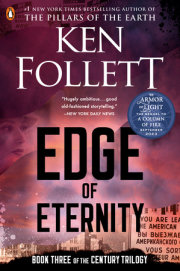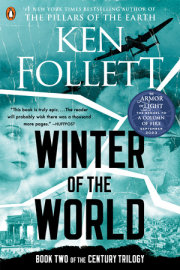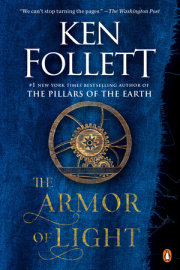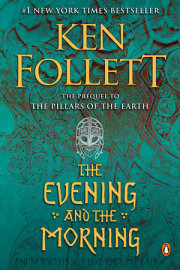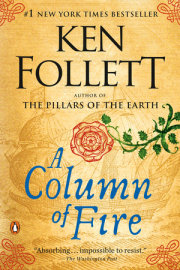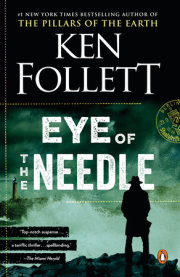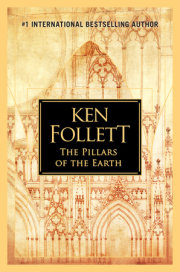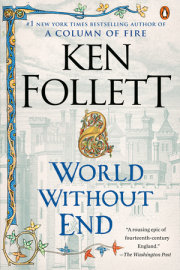CHAPTER TWO
January 1914
Earl Fitzherbert, age twenty-eight, known to his family and friends as Fitz, was the ninth-richest man in Britain.
He had done nothing to earn his huge income. He had simply inherited thousands of acres of land in Wales and Yorkshire. The farms made little money, but there was coal beneath them, and by licensing mineral rights Fitz’s grandfather had become enormously wealthy.
Clearly God intended the Fitzherberts to rule over their fellow men, and to live in appropriate style; but Fitz felt he had not done much to justify God’s faith in him.
His father, the previous earl, had been different. A naval officer, he had been made admiral after the bombardment of Alexandria in 1882, had become the British ambassador to St. Petersburg, and finally had been a minister in the government of Lord Salisbury. The Conservatives lost the general election of 1906, and Fitz’s father died a few weeks later—his end hastened, Fitz felt sure, by seeing irresponsible Liberals such as David Lloyd George and Winston Churchill take over His Majesty’s government.
Fitz had taken his seat in the House of Lords, the upper chamber of the British Parliament, as a Conservative peer. He spoke good French and he could get by in Russian, and he would have liked one day to be his country’s foreign secretary. Regrettably, the Liberals had continued to win elections, so he had had no chance yet of becoming a government minister.
His military career had been equally undistinguished. He had attended the army’s officer training academy at Sandhurst, and had spent three years with the Welsh Rifles, ending as a captain. On marriage he had given up full-time soldiering, but had become honorary colonel of the South Wales Territorials. Unfortunately an honorary colonel never won medals.
However, he did have something to be proud of, he thought as the train steamed up through the South Wales valleys. In two weeks’ time, the king was coming to stay at Fitz’s country house. King George V and Fitz’s father had been shipmates in their youth. Recently the king had expressed a wish to know what the younger men were thinking, and Fitz had organized a discreet house party for His Majesty to meet some of them. Now Fitz and his wife, Bea, were on their way to the house to get everything ready.
Fitz cherished traditions. Nothing known to mankind was superior to the comfortable order of monarchy, aristocracy, merchant, and peasant. But now, looking out of the train window, he saw a threat to the British way of life greater than any the country had faced for a hundred years. Covering the once-green hillsides, like a gray-black leaf blight on a rhododendron bush, were the terraced houses of the coal miners. In those grimy hovels there was talk of republicanism, atheism, and revolt. It was only a century or so since the French nobility had been driven in carts to the guillotine, and the same would happen here if some of those muscular black-faced miners had their way.
. All rights reserved. No part of this excerpt may be reproduced or reprinted without permission in writing from the publisher.

